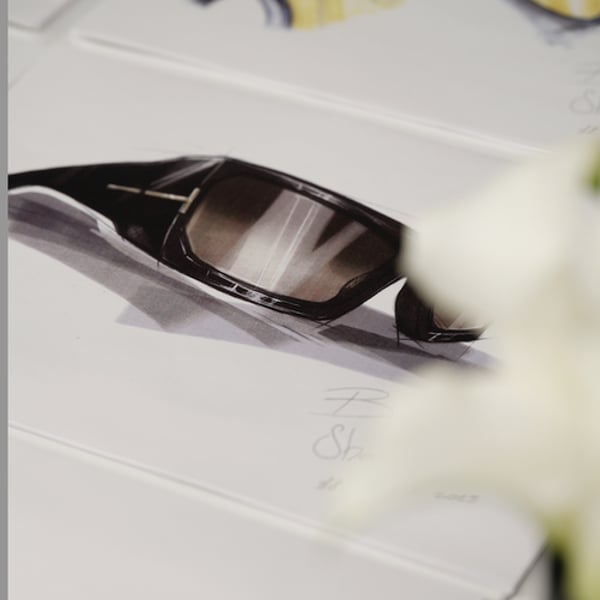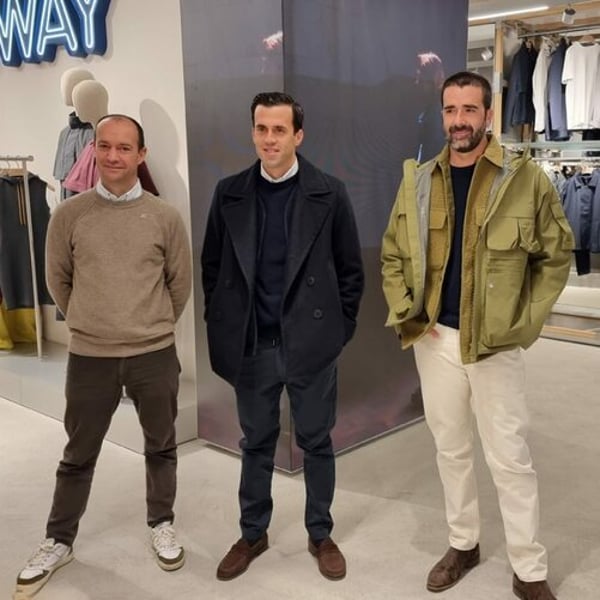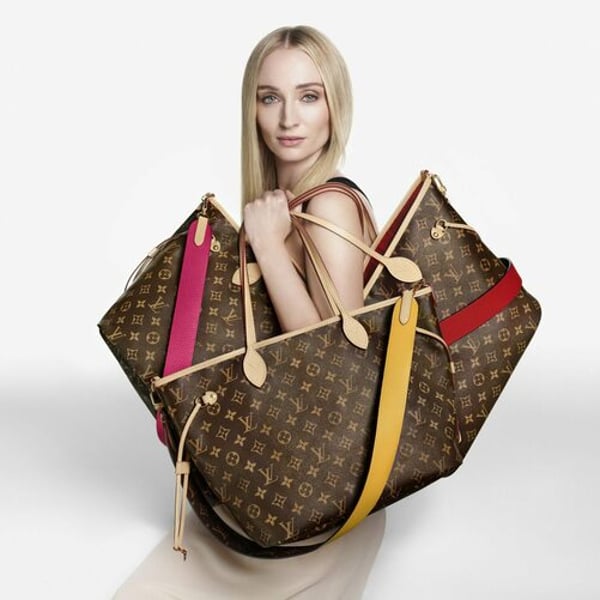By
Reuters
Published
September 9, 2025
Short sellers have placed their biggest bets in more than a decade against Kering, according to data reviewed by Reuters, intensifying pressure on incoming CEO Luca de Meo to restore confidence in the French luxury group’s financial outlook.

In June, François-Henri Pinault decided to step aside, enabling the company to bring in former Renault chief executive de Meo. The move boosted Kering’s shares by 33%.
De Meo officially assumes his role on Tuesday, when he is expected to outline his vision for Kering. The group has reported double-digit sales declines at Gucci, its largest label, and Saint Laurent, its second-largest. It also faces scrutiny for its high levels of debt in an otherwise cash-rich luxury sector.
Investors welcomed de Meo’s track record in restructuring, with the stock price rallying immediately after his appointment on June 16. However, short-selling activity against Kering’s shares and debt surged in the following days. Although the pressure has eased somewhat, it remains persistent.
Total short positions — the primary tool investors use to bet against a company’s value — climbed to 10.7% of Kering’s tradeable equity the day after the CEO announcement, according to estimates from analytics firm Ortex. This marked the highest level since at least 2014.
By early September, short positions dropped to about 8% of the free float. Still, that figure remains well above levels seen at Kering’s major rivals: LVMH and Hermès both sit below 1%, compared to the Euro Stoxx 600 average of 1.34%, Ortex said.
Kering’s five-year credit default swaps (CDS) — financial instruments used to hedge against the risk of debt default — jumped to more than 120 basis points in June, their highest level since 2013. Over the past five years, the average has hovered around 38 basis points.
As of September 5, Kering’s CDS traded near 90 basis points — roughly three times higher than similar CDS levels for LVMH, based on LSEG data.
Three short sellers targeting Kering attributed the credit concerns to the company’s balance sheet, which showed €10.5 billion ($12.29 billion) in net debt (excluding leases) at the end of 2024.
Artemis, the Pinault family’s holding company that controls Kering, carries even more debt.
The short sellers, who requested anonymity, believe hedge fund speculation — not real fears of default — largely drove up the CDS pricing.
Kering declined to comment.
In July, Artemis told Reuters it faced no liquidity issues despite a reduction in dividends from Kering and other holdings.
Also in July, Kering stated that it had reduced its net debt by approximately €1 billion by the end of 2024. The company expects to close around 80 stores by the end of 2025 and plans to sell more real estate in Paris, Milan, and New York.
One short seller said these measures should help ease investor concerns, along with Gucci’s ongoing turnaround efforts — a process that may take up to 18 months. Gucci remains the group’s key profit driver.
De Meo previously led Renault’s transformation, dubbed the “Renaulution.” On July 29, Kering filed trademark applications for “Conkering” and “Reconkering” with French regulators, possibly hinting at de Meo’s strategic direction for the company.
A Kering spokesperson called the filings “part of our normal activities” and declined further comment when asked about any link to de Meo’s arrival.
($1 = €0.8542)
© Thomson Reuters 2025 All rights reserved.







